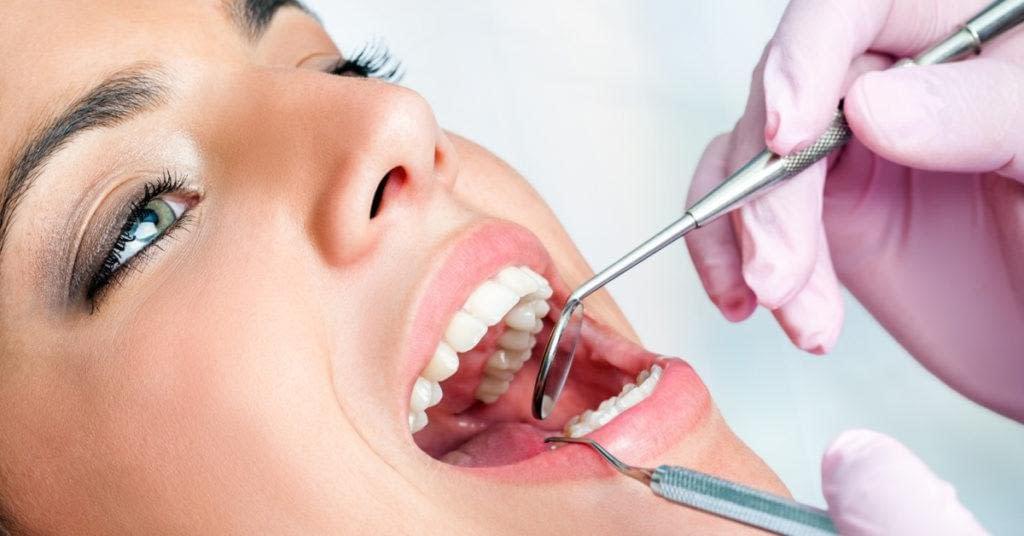
Check UP
Types of Dental Visits
Most people are familiar with the typical dental checkup visit. If the office has a dental hygienist, he or she will clean your teeth, do an evaluation and sometimes take X-rays. Then the dentist will check the X-rays and your teeth for signs of decay, check your gums for changes, and check for signs of oral cancer or other diseases.
From time to time, however, your dentist should do a more thorough exam. This is called a comprehensive examination. It includes a thorough look at your entire mouth, head and neck area. The dentist also will ask about your medical history, and you will get X-rays if indicated.
A comprehensive examination likely will be done the first time you visit a dental office. Even if you have had regular care under another dentist, your new dentist will want to become familiar with your health. This will allow him or her to notice changes or problems more easily during future visits.
An important part of every visit is updating your medical history. Your dentist will want to know if you’ve had any changes in your health or your medicines since your last visit.
Mention everything about your health, even if you don’t think it relates to your mouth. Many diseases can affect your mouth and teeth. Researchers continue to discover ways in which oral health is related to overall health. For example, people with diabetes are at a higher risk of developing periodontal disease. Research also suggests that periodontal infection can affect your blood sugar levels. It can make your diabetes harder to control. Other health conditions may require your dentist to change the type of anesthesia given.
Bring a list of all medicines you take, with dosages. Some medicines cause dry mouth, which can increase the risk of cavities. Your dentist also will want to check that any drug he or she prescribes doesn’t interact with drugs you are already taking.
What To Tell Your Dentist
Your dentist needs to know everything that may help him or her diagnose problems or treat you appropriately. Tell your dentist:
- Your fears — Many people have fears of the dentist that go back to childhood. Pain control and treatment techniques change constantly. The things you fear most may not exist any longer, or there may be new and improved ways of dealing with them. If you fear you have a particular disease or condition, let your dentist know. He or she can look for signs and either diagnose the problem or set your mind at ease. Often, just talking about your fears will take some of the edge off.
- Your overall health — Tell your dentist if you’ve been diagnosed with any diseases or are taking any new medicines. It is important to tell your dentist about all medicines you take. This includes prescriptions and over-the-counter medicines. Even diseases that seem to be unrelated to the mouth may require a different approach to dental treatments or prevention.
- Your dental health — Before the examination starts, tell your dentist if:
- You think you have a new cavity
- Your teeth have become sensitive
- You feel lumps inside your mouth – Don’t wait to see if the dentist catches it or silently hope the dentist misses it. By telling your dentist your symptoms, you may help him or her make an early diagnosis.
- Gag Reflex — The gag reflex, located on the back wall of the throat, helps keep objects from going down your windpipe. If you have ever put your fingers too far back in your mouth and felt like gagging or throwing up, you’ve discovered the gag reflex. Some people have a very sensitive gag reflex. This makes going to the dentist very difficult. If you are one of these people, talk with your dentist about your concerns. You and your dentist or hygienist can work together to find ways to avoid gagging movements.
Contact Us
- #681 Upper James St, Hamilton, ON L9C 2Z4, Canada
- Call Us : 905-387-4780
- FAX : 905-387-6552
- Email : mountainmalldentaloffice@gmail.com
